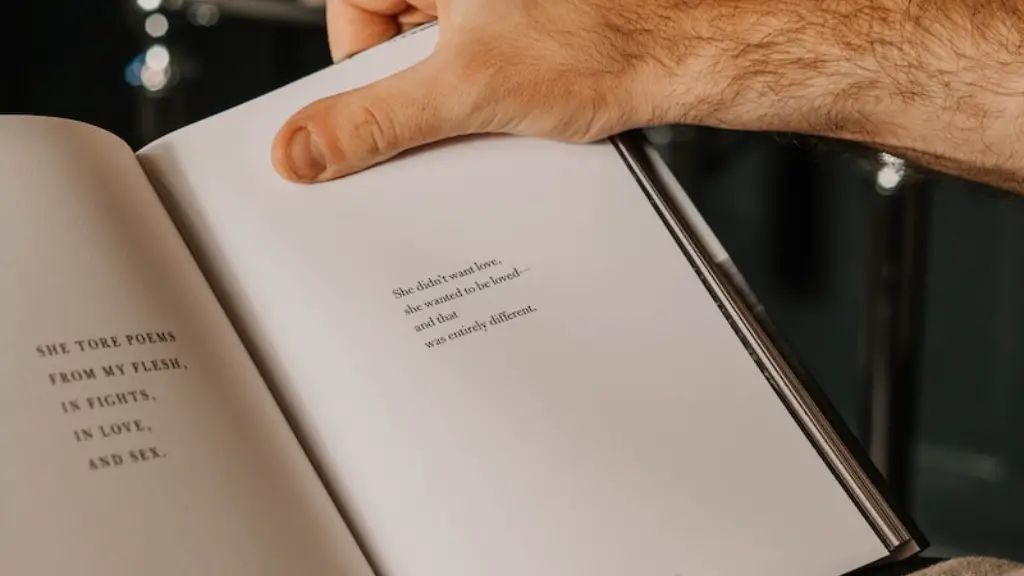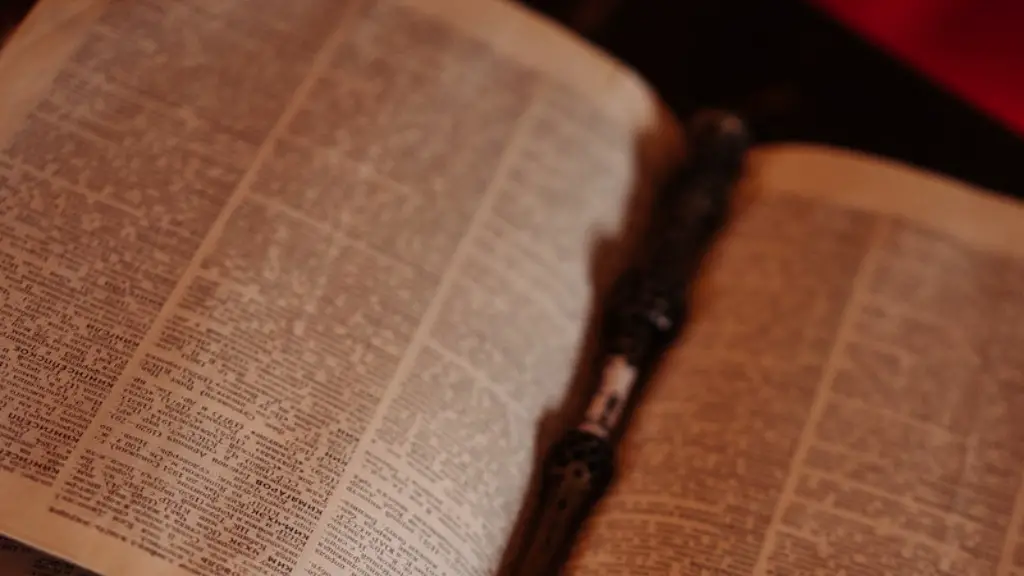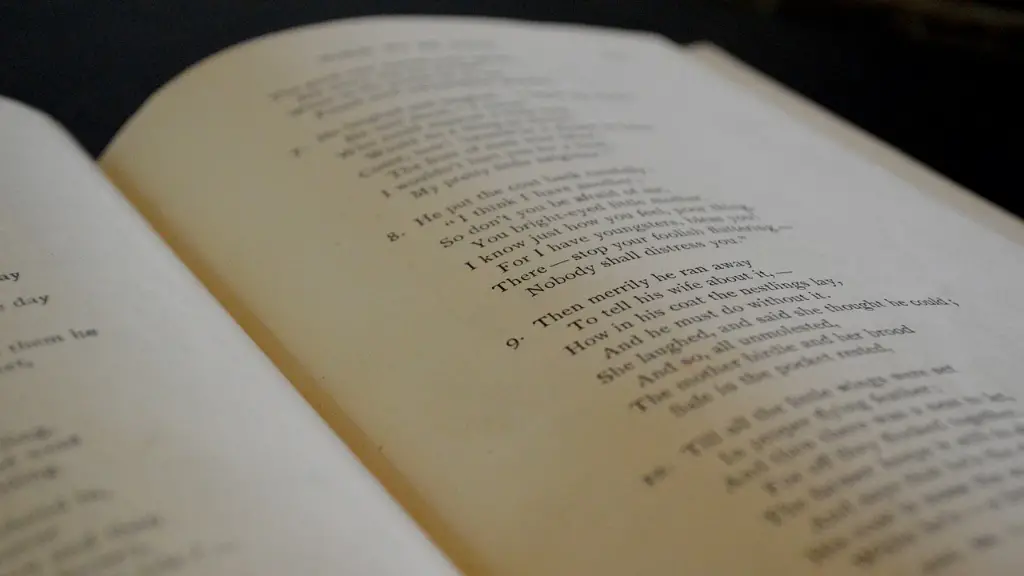The African American Vibes Reflected in Langston Hughes’ Writing
Langston Hughes is widely renowned as the ‘poet Laureate of the Harlem Renaissance’, the celebrated period among African Americans of the 1920s and early 1930s. His poems became an emblem of the pioneering jazz music that was spreading throughout urban cities in America. Present in these poems were a blend of traditional African influences, a reflection of the growing Black culture that was beginning to manifest in jazz, blues and later soul music in Hughes’ time.
Born in 1902 in Joplin, Missouri, Hughes was a descendent of the African American slaves. His sentiments and nostalgia towards slavery and their experience post-emancipation were rooted in his parents’ stories. His writing speaks of an emotional attachment to the ancestral heritage of African-American culture, of a diaspora that was crying out to be recognized. One of his most widely-known works is a poem titled ‘I, Too, Sing America’.
The poem plays with the common poetic structure of the sonnet, sestet, and octave and celebrates a collective past of an emancipated African-American people. The phrase ‘I, too, am America’ suggests that these long-oppressed blacks were honoring the nation by claiming their place in society. Alongside these works of the African-American experience, Hughes also wrote to address issues such as racism and the American dream. His work ‘The Negro Speaks of Rivers’ emphasizes the personal struggle of overcoming racism, violence, and discrimination as African-Americans.
One of Hughes’ main goals in his writing was to represent African Americans as culturally conscious and warm-hearted individuals. He wrote with respect for the people he described and sought to tell their stories in a way that made them visible in a racist world. Through carefully crafted words and imagery, he fueled the pride and passion the African Americans had for their culture, inspiring others with the motivation to do business, go to school, and achieve their dreams.
Hughes’ writing resonated with a wide variety of readers—from low-class African Americans to intellectuals. Through his works, Hughes provided an opportunity for African Americans to step out of oppression and find higher ground with which they could commence the growth of their cultural identity, disseminating the importance of their struggles in the shadow of America’s white, upper-class majority. He wrote for his own people, for those who felt forgotten and neglected. He wrote for his ‘Black nation’.
The Defense of African American Rights In Langston Hughes’s Writing
Langston Hughes often wrote to call attention to the unjust discrimination and mistreatment of the African American population in United States. He viewed the suffering of African Americans not in terms of a struggle between black and white, but as the unjust domination of the many by the few. His works often critiqued organizations such as the Ku Klux Klan and the Jim Crow laws that were designed to limit the rights of African Americans.
The poem ‘Theme for English B’ reflects Hughes’s frustration with prejudice and racism, as he laments the expectations placed on African Americans to ‘prove’ their worth in society.The poetic voice has no motivation to ‘prove he is not the worse’, resenting the need to feel the need to prove oneself in a ‘land’. Still, Hughes showcases creativity and succeeds in writing about the experience of African Americans in a unique and clever manner.
In his satirical poem ‘Johannesburg Mines’, Hughes takes an ironic stance to criticize colonialism, making a bold comparison between black miners in South Africa and the hard labor that African American slaves were subjected to in America. He furthers his point by emphasizing the themes of hunger, sweat and tears in the poem. By recognizing the similarities between injustice experienced in America and foreign countries, Hughes is highlighting the fact that such terrible injustice is difficult to accept in any context.
Perhaps Hughes’s most powerful text is his manifesto The Negro Artist and the Racial Mountain. In it, Hughes advises African American artists to look to their own culture and its history in crafting their individual works. He preaches against the idea of repressing black expression and creativity, of forcing African American authors to mimic white writing styles. Instead, he urges African American authors of his time to embrace their racial identities in their works.
Langston Hughes’ Influence On African American Activism
Many believe Langston Hughes was an African American Freedom Fighter on the frontline of the Civil Rights Movement. Although he did not engage in major forms of civil disobedience that many individuals of this era undertook, his poetry and activism still holds tremendous importance for the African American struggle for liberty. For example, the poem ‘Let America be America Again’ is a rejection of the oppression certain groups experienced in America. Hughes vocalizes anger and frustration that continued to be felt generations after the Emancipation Proclamation, demanding the America of ‘opportunity’ that had been promised be granted to all.
Also worth noting is the fact that Hughes was appointed the consultative chairman of the Popular Front of the Writers Congress in the 1930s, a group of professional authors and poets who were dedicated to defeating fascism and establishing social and racial equality. This, alongside his partaking in early anti-communist protests, speaks to Hughes’s commitment to social justice. His writing, then, was a vital part of the struggle for African American liberation.
In embracing aspects of traditional African-American culture in his writing, Langston Hughes laid groundwork for African American authors who would follow. He pioneered black art in this period, exposing the racism and oppression that African Americans endured. Further, his works inspired a new wave of creativity and pride amongst African American literature. His commitment to African-American rights can be seen in subsequent works from the Civil Rights Movement, from Martin Luther King Jr’s ‘Letter from a Birmingham Jail’ to Malcolm X’s ‘Ballot or the Bullet’.
The Impact of Langston Hughes’ Writing Amongst African Americans
Langston Hughes is often accredited with sparking the inspiration of African Americans to remain passionate about their culture. Through his literature, he created an opportunity for African Americans to express their identities and struggles and courageously confront discrimination. In his poem ‘The Weary Blues’, Hughes chronicles a deeply profound atmosphere, emphasizing the resiliency of African-Americans while they battle the ‘wise men’, those who reject the accomplishments of his people.
Also, Hughes was an important figure breathing new life into the African-American experience in literature. His works are often characterized by an optimism for the future, despite the racial oppression he endured. This brings to life the notion of an African American identity and espoused a newfound sense of pride in the community, calling upon individuals to embrace their heritage and voices.
Overall, Langston Hughes’ works were a form of self-expression, allowing African-Americans to visualize their progression of recognition as a valued group. His works not only remember the struggles of African-Americans, but their steady resilience and strength in the face of injustice. His works fuel complex emotions such as joy, pride and courage, helping those that feel forgotten to express their story.
The Relevance of Langston Hughes’ Writing Today
In recent years, Langston Hughes’ works have been used to pass down the stories of African American authorship through the generations, from his time to the present day. They convey a notion of strength and perseverance, even in the face of trauma and oppression. Thus, Hughes has created an unforgettable legacy, continuing to influence and educate the generations that followed.
In popular culture, Hughes’s works like ‘Dreams’ and ‘Life is Fine’ are widely referenced. In addition, tributes to his works often appear in music, art and film. For example, Kendrick Lamar’s album To Pimp A Butterfly incorporates quotes from ‘I, Too, Sing America’, highlighting Hughes’ lasting impression in pop culture. Also, the 2017 miniseries ‘The Unresolved’ produces transmedial tributes to the African American struggle for freedom that Hughes wrote about.
Today, many African American authors and activists use Langston Hughes’ works as a source of inspiration and empowerment. The poet laureate has paved the way for generations to come, a sign of hope and progress for African Americans from all walk of life. This hope is particularly prominent at this moment in history, where voices like his are needed more than ever.
The Changes in Langston Hughes’ Writing Over Time
In many of Langston Hughes’ early writings, he frequently wields a poem to illuminate the horrors of racism, specifically in the South. In his most renowned text ‘The Weary Blues’, he employs vivid imagery to describe the sorrows of African Americans. Creating an environment of both sorrow and hope, he makes plain the harsh realities of life as a black man in America, citing oppression as a cornerstone of the African American experience.
As Hughes matures in his writing, his outlook begins to shift. He begins to champion the African American adaptation of white culture, expressing gratitude and admiration for the tradition of jazz music and ballets. He writes about the beauty of the blues, showcasing African American fun and happiness in the presence of broken dreams. In ‘Harlem Sweeties’, Hughes speaks more lovingly of his people, of the joy and beauty that is to be found in the African American community.
In the 1940s, Hughes displays a newfound love for African American culture, beginning to shift away from the explicit abuse he and other African Americans endured. He centers his poetry around themes of African American culture, calling for national recognition of his people and their unique talents. His works illustrate his fight for freedom, acting as a daily reminder of the headway African Americans have made towards true lives of equality.
In Hughes’s later works, his perspective maximizes the beauty of the African American existence. He utilizes historical and mythical themes, referencing figures such as comic strip characters and the distant past in African American history. He plays with rhythmic ballad forms, creating an organic melodic structure that would later become a close inspiration to the civil rights movement and its leaders.





